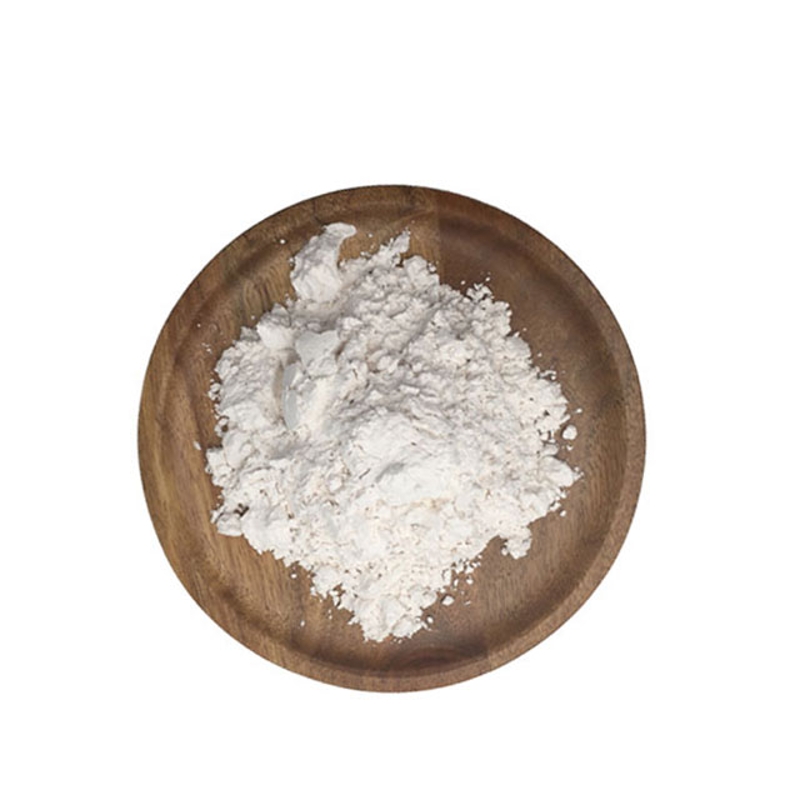-
Categories
-
Pharmaceutical Intermediates
-
Active Pharmaceutical Ingredients
-
Food Additives
- Industrial Coatings
- Agrochemicals
- Dyes and Pigments
- Surfactant
- Flavors and Fragrances
- Chemical Reagents
- Catalyst and Auxiliary
- Natural Products
- Inorganic Chemistry
-
Organic Chemistry
-
Biochemical Engineering
- Analytical Chemistry
- Cosmetic Ingredient
-
Pharmaceutical Intermediates
Promotion
ECHEMI Mall
Wholesale
Weekly Price
Exhibition
News
-
Trade Service
Nanomaterials researchers have come up with a way to make organic solar cells more resilient and increase their efficiency by more than
10 percent.
The new material is expected to make organic solar cells more efficient and more widely used
A team of researchers at New York University's Tandon School of Engineering believes that this development could make solar energy more useful in a variety of applications, such as being part of an electric car, turning it into wearable electronics or sewing into a backpack to charge
mobile phones.
Most organic solar cells employ carbon spherical molecules called fullerenes, although they are expensive and can only absorb a limited amount of light
, the researchers said.
By using non-fullerenes and a range of other materials, solar cells can absorb as much light
as possible.
However, the researchers say this was difficult to do before, because it was difficult
to get the different layers of the battery to work together.
The researchers found that a molecule called a squarumic acid derivative was used as a crystallizing agent to enhance the absorption of the layers and allow the non-fullerene material to reach its maximum potential
.
,
Nanomaterials researchers have come up with a way to make organic solar cells more resilient and increase their efficiency by more than
10 percent.
The new material is expected to make organic solar cells more efficient and more widely used
The new material is expected to make organic solar cells more efficient and more widely usedA team of researchers at New York University's Tandon School of Engineering believes that this development could make solar energy more useful in a variety of applications, such as being part of an electric car, turning it into wearable electronics or sewing into a backpack to charge
mobile phones.
Most organic solar cells employ carbon spherical molecules called fullerenes, although they are expensive and can only absorb a limited amount of light
, the researchers said.
By using non-fullerenes and a range of other materials, solar cells can absorb as much light
as possible.
However, the researchers say this was difficult to do before, because it was difficult
to get the different layers of the battery to work together.
The researchers found that a molecule called a squarumic acid derivative was used as a crystallizing agent to enhance the absorption of the layers and allow the non-fullerene material to reach its maximum potential
.
,







